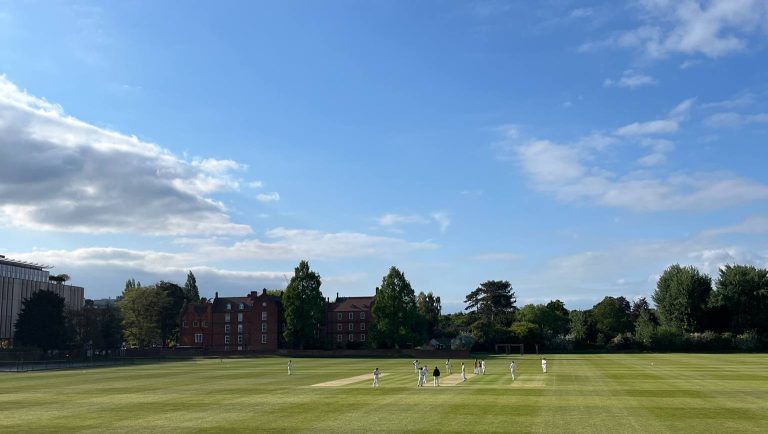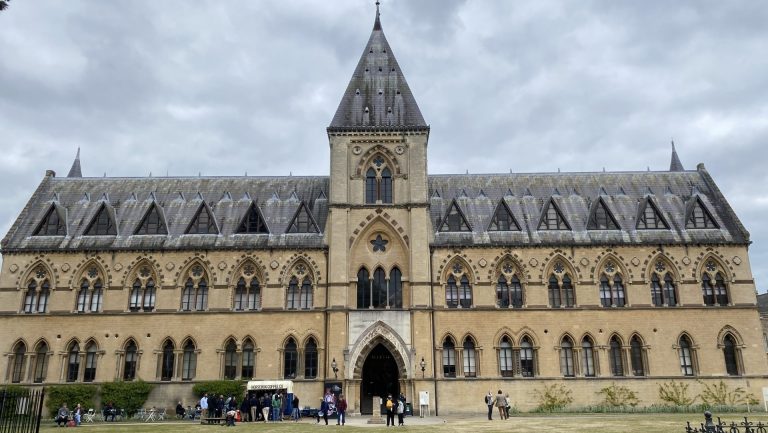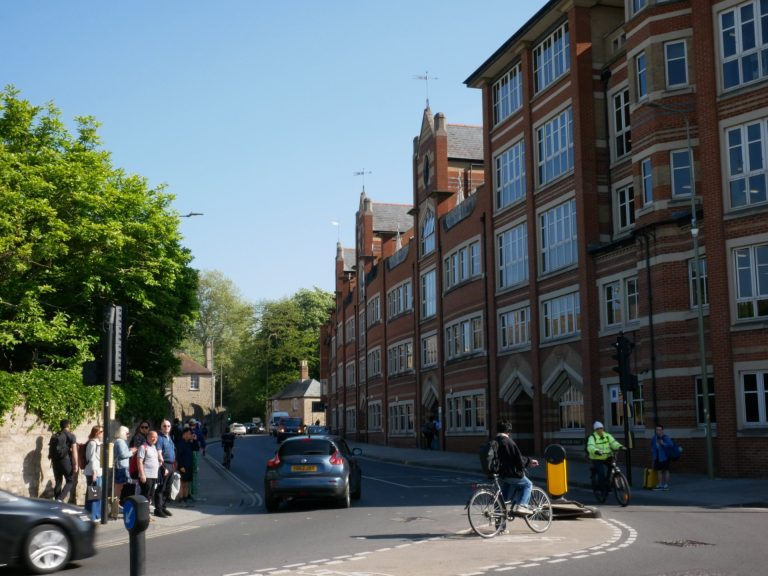When I entered the Burton Taylor Studio to the sound of a mildly haunting cover of Tracy Chapman’s ‘Fast Car’, the whispered-yet-screechy vocals verging on the absurdly comic, I knew Ethan McLucas’ 113 was going to be an interesting watch. Indeed, I realised early into the show that I was making more use of my notebook as a detective gathering clues than as a critic, playing along with the play’s emphasis on its set and props as clues to help inmates 49 and 64 remember what they had forgotten. Did my clue hunting help me reach any conclusions? In terms of the repeated question ‘why are they there?’, I soon realised that this was not a mystery that was going to be solved by the inmates, let alone by me. Other mysteries did, however, reveal themselves to me over the course of the next 70 minutes.
The play questions how identity can be constructed in the absence of memories, with the two inmates initially not being able to remember anything about themselves. Their task is to remember, but what if remembering is more unpleasant than amnesia? The play therefore suggests that memories are not the determining factor in identity, but the illusion of themselves that they have “dreamed up”. There are some remaining questions that I absolutely cannot let go of – most frustratingly of all, why did the character 49 have 47 written on her shirt? Secondly, I am still in total darkness as to the purpose of the bedsheet wrapped around a small section of a railing above the stage. I am tempted to believe that my spiralling is an intentional aim of the creative team to make audience members feel a similar sense of confusion to the panicked and questioning inmates themselves. If it was all part of the directorial aim of keeping the audience on their toes – job well done on that count.
Lingyi Wang’s sound design greatly contributed to building a sense of an elusive reality. At some moments, the sound functioned diegetically in a scene (as when 64 grew increasingly frustrated at the choral music played and, in a moment of comedy, requested David Bowie) but it would then swiftly shift to being distinctly non-diegetic (with fast-paced thuds cinematically accompanying moments of rising tension). Characters’ voices seemed to move in and out of earshot of the other characters, despite their locations not changing, with crucial information not being overheard by the other and speech turning into brief monologues. The characters’ lack of autonomy over both their physical and mental capabilities may reveal logical fallacies in the script, brought about by the need to keep 64 & 49 onstage at all times (except on one occasion), but even if this is the case, it speaks to the play’s emphasis on an intangible and shifting reality. For each, there is something explicitly unknowable about the other, but also about themselves.
When I decided to sit down on the left side of the audience, I did not realise the significance this decision would have. With the stage being divided in two to create the two cells, the side you sit on privileges the corresponding character’s story. This sense of separation is achieved despite the ‘wall’ merely being made of stretchy fabric (which spent a large portion of the play dangerously tilting to one side) and 64 (George Loynes) basically being tall enough to peek over it. However, my emotional investment in 64 was not only because I was sitting on his side of the stage. His performance was dynamic, shifting between a vast range of emotions to craft a real sense of evolution across the play.
49 (Isobel Glover), too, brilliantly conveyed a sense of ennui, with her emotional restraint a tonic to the panic of the newly-arrived Loynes at the top of the play. However, as the roles began to shift over the course of the play, Glover’s emotions sometimes became restricted to facial expressions, rather than being fully embodied. This did not work as effectively for her character as the glazed-over, disembodied moments did for Sali Adams in her performance as J Doe. These little moments brilliantly added to showcase Adams’ ability to deftly switch in and out of roles, sometimes before the audience’s eyes – skills which her time as an Oxford Imp will undoubtedly have nurtured. Overall, the acting onstage was excellent but on occasion required a bit more punch.
Similarly, the reveal that the play’s title – 113 – originated from their skeletal ‘prison break’ plan felt underwhelming. Where the show had up to that point evaded my detective attempts, the introduction of the attraction between the two inmates and their escape plan steered the play into the territory of predictability. For a show that seemed to prize itself on its weirdness and ability to disorient, the closing of the play simply did not land. It was an enjoyable watch, and did leave me wanting to watch it again from the other ‘side’. However, if you are looking for a show that consistently leaves you not knowing which way is up, this one does not quite hit the target.










